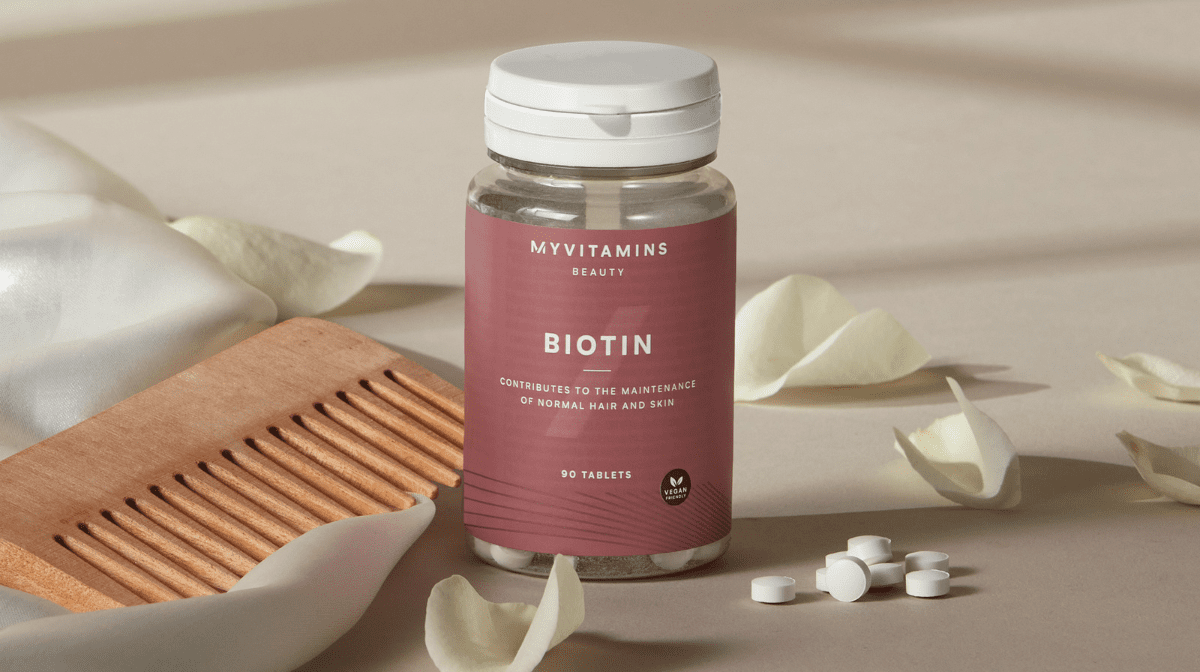How Does Gut Health Affect Your Weight?
Gut health and weight often go hand in hand. This is because your gut helps regulate your metabolism, absorption of nutrients, and weight loss.
There are two main strands of bacteria in the gut: bacteroidetes and prevotella. Bacteroidetes prefer fibre-rich, whole foods and are linked with preventing weight gain, whereas prevotella prefer refined carbohydrates and added sugar, and tend to lie on the mucus; therefore, influencing weight gain. Bacteroidetes grow quicker than prevotella and as a result, take more of the nutrients for themselves, leaving less for you to digest. Studies have found that moderate-weight people have more bacteroidetes, compared to people who suffer from obesity (6).
Your gut breaks down the food you eat into smaller pieces. Some of that food gets absorbed into your blood, whereas the other pieces of food get digested and increase your weight. The more diverse your gut microbiome is, the more food can be absorbed and digested. Lean people tend to have a diverse gut microbiome; therefore, they can absorb more and gain less weight. Whereas those who suffer from obesity tend to have a less diverse gut microbiome and; therefore, gain more weight (5).
Why Is Gut Health Affecting Your Skin?
Spots, inflammation, eczema and rosacea are thought to be consequences of having an unhealthy gut. Inflamed, sore or broken-out skin could also be signs that your gut is out of balance.
Your skin can be the first sign of how you treat your insides. Meaning if you are causing your gut to inflame, symptoms will show on your skin. However, correcting the inflammation can ease skin conditions.
Your gut is a barrier between your digestive system and the rest of your body. When factors like allergies, alcohol, and food additives irritate it, it can cause inflammation in your skin. Breakouts and excess oils are triggered when your gut microbiome is unhealthy or when your body is not digesting food properly. This results in the gut becoming filled with bad bacteria; therefore, skin-aggravating inflammation occurs.
Studies show that 54% of people who suffer from acne also had an imbalanced gut (7). Acne is provoked when large amount of skin cells, block sebum from being released. Bacteria then grows, leading to an inflammation of your skin.
Does Your Gut Health Affect Your Mood?
In simple terms, yes.
Our gut health and brain are closely interlinked; therefore, the gut microbiome can play a key role in your mood. It can either help symptoms of mental health (if it is balanced) or make them worse (if it is unbalanced). This is known as the gut-brain axis, two-way communication between the gut and the brain. Your brain knows what activity is happening in the gut, and the gut knows what activity is happening in the centre of the brain.
Tips To Improve Your Gut Health
- Healthy Diet – Eating a diverse range of nutritious foods (fermented foods, vegetables, fruit), boosts your metabolism; therefore, is thought to positively impact your mood, skin and weight loss. Specifically, fermented foods are great for adding diversity to your diet to enhance your gut health.
- Fibre – Consuming 30g of fibre daily, helps diversify your microbiomes, which in turn, has a positive impact on your overall health. Fibre is a plant-based nutrient that stimulates the growth of good bacteria; therefore, reduces the risk of you catching diseases.
- Exercise – Regularly exercising improves your gut health, which impacts your immune system, which keeps is healthy.
- Take a Myvitamin Gut Gummy once a day – Promoting digestion that helps discomfort, the Myvitamin Gut Gummie are the perfect friend if you are prone to tummy discomfort.
Take Home Message
Your gut plays a major role in the health of your body. It can digest the foods you eat, absorb the nutrients and manage your weight, but it may also have a massive impact on your skin and mood. Therefore, it is vital that you take care of it. By following these simple steps, you could start seeing a difference in no time.









